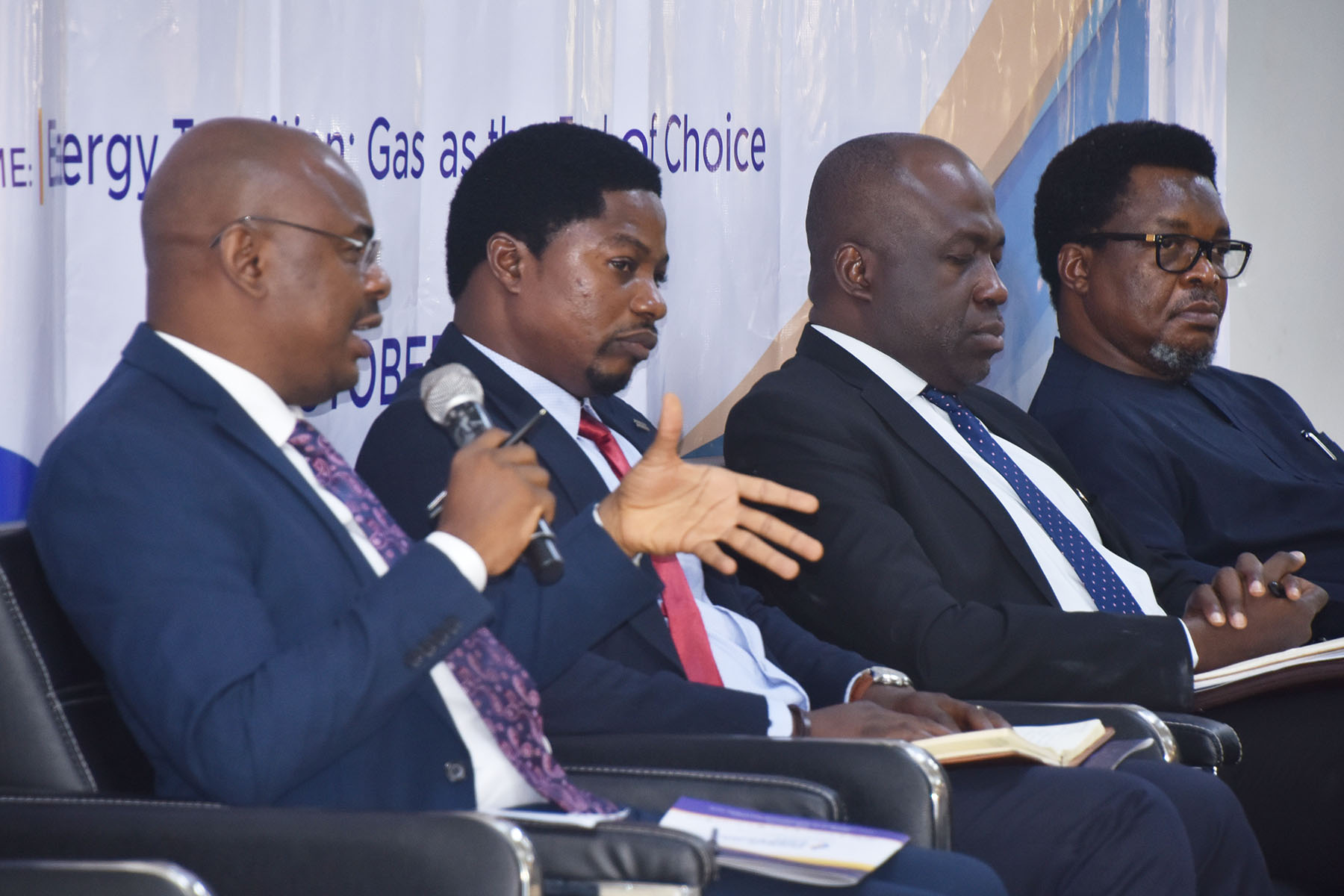Niger Delta
Food Security: Delta, AUDA-NEPAD Earmark N3bn For Smallholder Farmers

The African Union Development Agency and the New Partnership for Africa’s Development (AUDA-NEPAD), in partnership with the Delta State Government, have proposed to raise N3 billion to support smallholder farmers in Delta State.
The State Commissioner for Agriculture and Natural Resources, Dr Godfrey Enita, made the disclosure recently at Amukpe, Sapele, in the state.
Enita said the first phase of the training programme on “Innovative Strengthening of Smallholder Farmers’ Capabilities Towards Productive Land Restoration Amid COVID-19 in Nigeria” has commenced at Amukpe.
The Commissioner, represented by the Permanent Secretary in the Ministry, Mr Ben Agamah, said the Delta/AUDA-NEPAD programme is a 10-year planned project aimed at tackling food insecurity in the state and the nation at large.
He noted that the African Union has decided to focus on the smallholder farmers through capacity building and material support to ensure best practices in agricultural production to ensure availability of food in Nigeria.
On the planed budget of N3 billion, Enita said the State Government is expected to pay N1 billion as counterpart funds while AU will provide N2 billion to drive the programme over a 10-year period, targeting 3,380 smallholder farmers across the state.
“Because food security is actually a challenge, the various governments are making deliberate effort to ensure that poverty and hunger are alleviated and reduced to a manageable point.
“One of those efforts is this AUDA-NEPAD intervention to strengthen smallholder farmers because physically, they are the people that feed the nation. So, for food security, it has to be smallholder farmers.
“The four cardinal indicators that a state or country is food secured are food availability, affordability, cultural acceptability, and the liberty to chose what to eat at any time.
“The state contribution to the programme is 1:2 ratio.
“We have articulated 3,380 smallholder farmers from six commodities; cassava, Rice, aquaculture, Piggeries, poultry, and green house vegetables cultivation and the total proposed budget is N3 billion for the 10-year period which will be implemented in phases”, he said.
According to the Commissioner, the programme has adopted a group and cluster approach as the farmers will be given requisite training and materials to grow their businesses as no cash component will be given to any farmer.
Earlier in her opening remarks, the National Coordinator, AUDA-NEPAD, Princess Gloria Akobundu, who was represented by Mrs Timi Young-Itiye, Chief Administrative Officer, AUDA-NEPAD, Abuja, said the training is aimed at empowering the farmers to increase their contributions to the nation’s food production.
According to Akobundu, building the farmers’ capacity would enable increased food production, and nutrition to cushion the effect of COVID-19, “in line with African Union – United Nation agenda which seeks to end hunger and malnutrition by 2030.
“This programme also served as a vehicle for the actualisation of President Muhammadu Buhari’s vision of uplifting 100 million Nigerians out of poverty”, she stated.
She lauded Governor Ifeanyi Okowa for his support, while tasking the participants to remain committed to ensure the essence of the programme is achieved.
Resource person, Dr Oghenesuvwe Okpara, Head of Department, Animal Science Department, Delta State University, Abraka, said given the vision of NEPAD, the programme’s target was to make the farmers subsistent in food production.
“They are to produce their own food and have enough to sell to other people to make enough money to continue on their businesses.
“The AUDA-NEPAD mission is to end poverty and hunger, and in spite of the many interventions, Africa is still walloping in poverty and starvation. This is the essence of this capacity building and empowerment, particularly in the chosen commodities in which we have comparative advantage,” he said.
The beneficiaries, Mr Patrick Onolunoje and Mr Simon Uzuhai, lauded the programme and said that it would strengthen them to tackle most of the challenges they face running their farm business.
Niger Delta
NPC Unveils Digital Registration System In Delta

Niger Delta
Police Uncover Suspects’ Armoury … Recover Weapons In Delta

Niger Delta
Police Caution On Lawless Protests On Court Matters In A’Ibom

-
Maritime5 days ago
Nigeria To Pilot Regional Fishing Vessels Register In Gulf Of Guinea —Oyetola
-

 Sports5 days ago
Sports5 days agoGombe-Gara Rejects Chelle $130,000 monthly salary
-
Maritime5 days ago
Customs Declares War Against Narcotics Baron At Idiroko Border
-

 Sports5 days ago
Sports5 days agoTEAM RIVERS SET TO WIN 4×400 ” MORROW” …Wins Triple jump Silver
-

 Sports5 days ago
Sports5 days agoNPFL Drops To 91st In Global League Rankings
-

 Sports5 days ago
Sports5 days agoNIGER DELTA GAMES PANACEA TO YOUTH DEV”
-
Maritime5 days ago
NIMASA,NAF Boost Unmanned Aerial Surveillance For Maritime Security
-

 Sports5 days ago
Sports5 days agoNPFL Impose Fines On Kwara United Over Fans Misconduct

